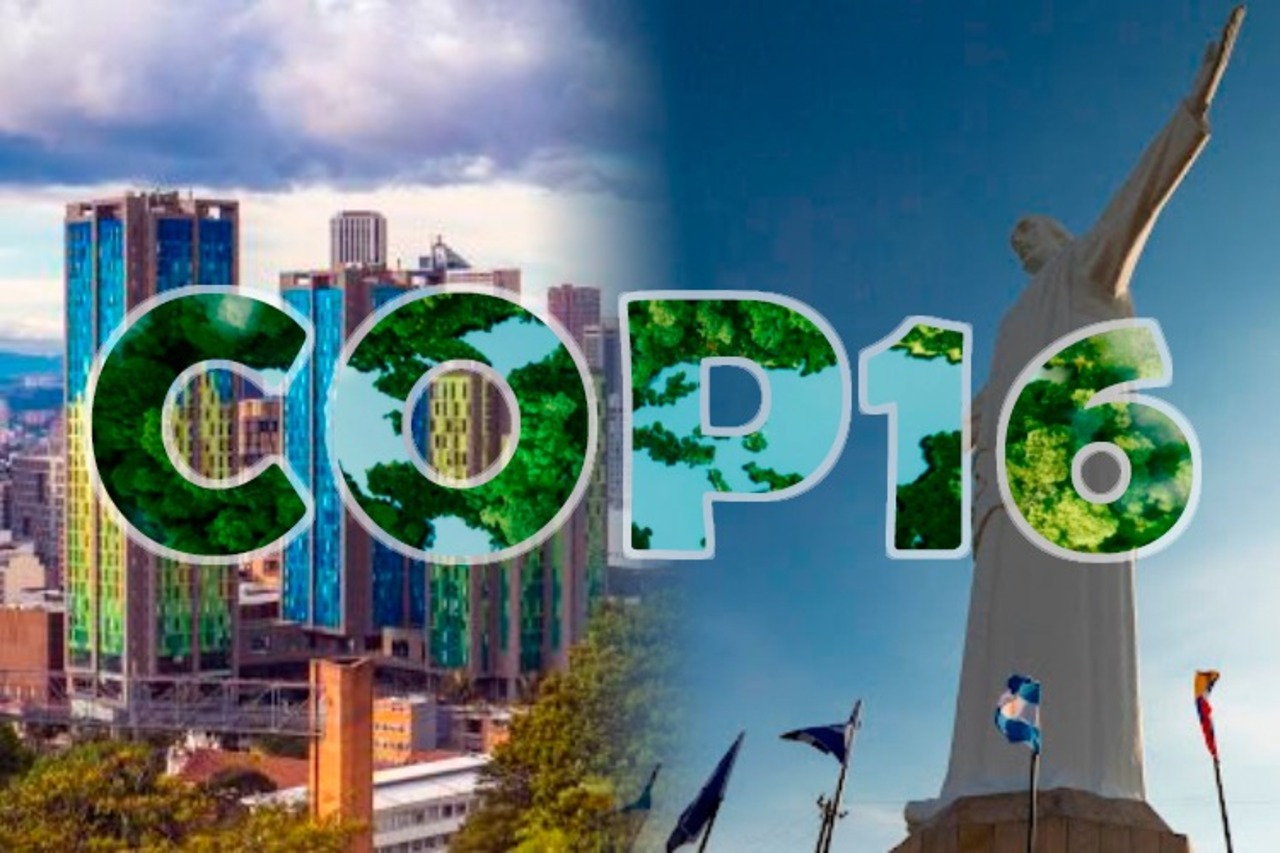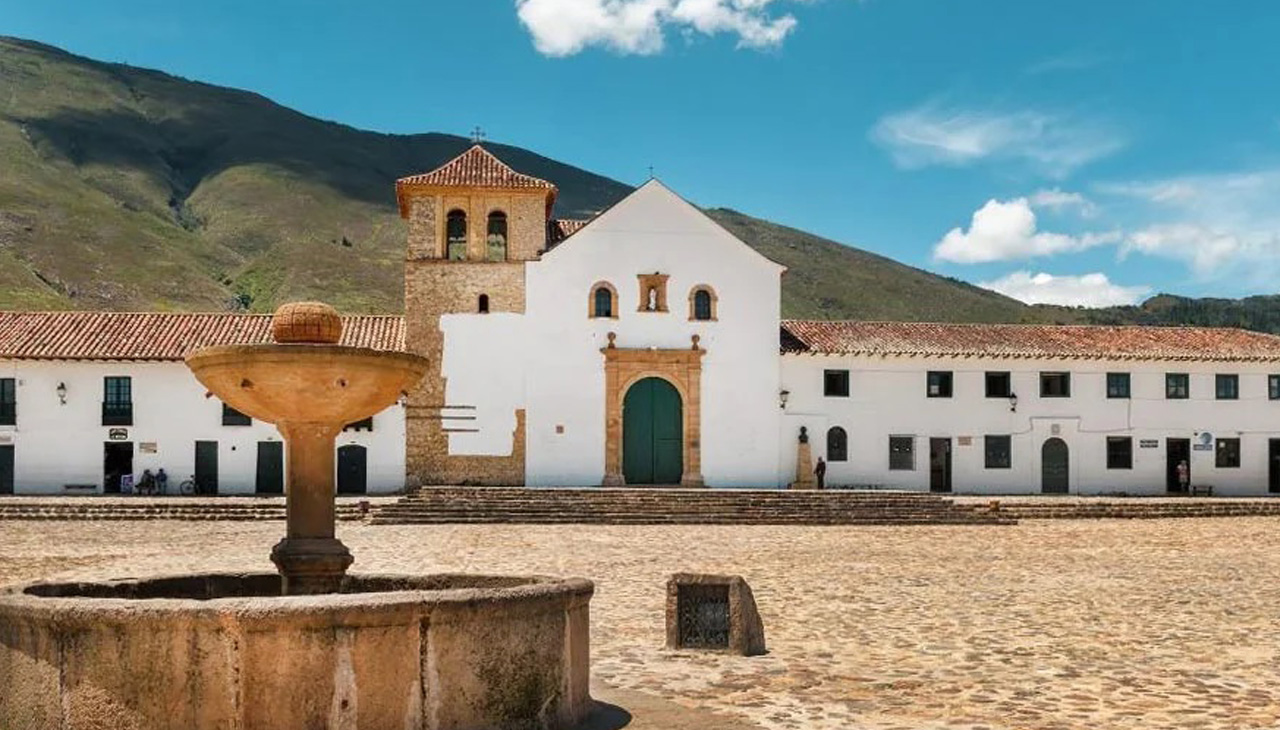
COP16 in Colombia: A Crucial Meeting for Biodiversity Conservation
COP16 in Colombia was not only a historic event as the first time the country hosted a conference of this magnitude, but it also marked a significant step

COP16 in Colombia: A Crucial Meeting for Biodiversity Conservation
The 16th Conference of the Parties to the Convention on the Conservation of Migratory Species of Wild Animals (COP16), held in Colombia, marked a milestone in global efforts to protect biodiversity and migratory species. This important event, hosted for the first time in the country, brought together representatives from governments, scientists, conservationists, and international organizations to discuss solutions to the challenges faced by migratory species and their habitats.
Opening: An Urgent Call for Conservation
COP16 was inaugurated with a strong call to action from Colombian and international leaders, emphasizing the importance of global cooperation in addressing threats to migratory species, such as climate change, habitat loss, and overexploitation. As one of the most biodiverse countries in the world, Colombia played a leading role by hosting this conference, demonstrating its commitment to the conservation of global flora and fauna.
During the opening, the critical role that migratory species play in the balance of ecosystems and human well-being was highlighted. It was noted that more than 500 migratory species depend on the ecosystems of Latin America, many of which are endangered due to human activity.
Key Themes Addressed During the Week
Throughout the week, COP16 focused on several key themes related to the conservation of migratory species and the protection of their habitats.
Climate Change and Its Impact on Migratory Species: One of the main topics was the discussion on how climate change is altering migration patterns, affecting food availability and reproductive success for many species. Studies were presented showing how global warming is forcing species to change their migration routes, increasing their vulnerability.
RELATED CONTENT
Protection of Critical Habitats: Discussions focused on habitat loss due to deforestation, intensive agriculture, and urbanization. Initiatives to create and expand protected areas covering key migratory corridors were highlighted, ensuring species have access to the resources they need along their journeys.
Conservation of Iconic Species: The debate centered on some critically endangered migratory species, such as the Andean condor, humpback whales, and migratory birds of Latin America. Priority actions were discussed to ensure their protection, including tackling illegal wildlife trafficking and promoting sustainable fishing.
International Cooperation: A key point was the emphasis on strengthening international cooperation. Since migratory species cross borders, their conservation depends on agreements between nations. Calls were made for countries to work together on creating common policies and implementing large-scale conservation measures.
Engagement of Local Communities: The importance of involving local communities in conservation efforts was underscored. Successful examples were shared of how indigenous and rural communities in Colombia and other countries have played a crucial role in protecting migratory habitats. The importance of incorporating local knowledge into conservation strategies was emphasized.
Key Results and Commitments
By the end of the conference, several countries and organizations committed to intensifying their conservation efforts. Among the main achievements was the adoption of measures to improve ecological connectivity between migratory habitats and the creation of new protected areas.
Additionally, agreements were reached to increase the monitoring of migratory routes for endangered species and to promote policies that minimize the effects of climate change on these species. Colombia, in particular, reaffirmed its regional leadership by announcing new conservation projects to protect key migratory corridors within its territory.











LEAVE A COMMENT: